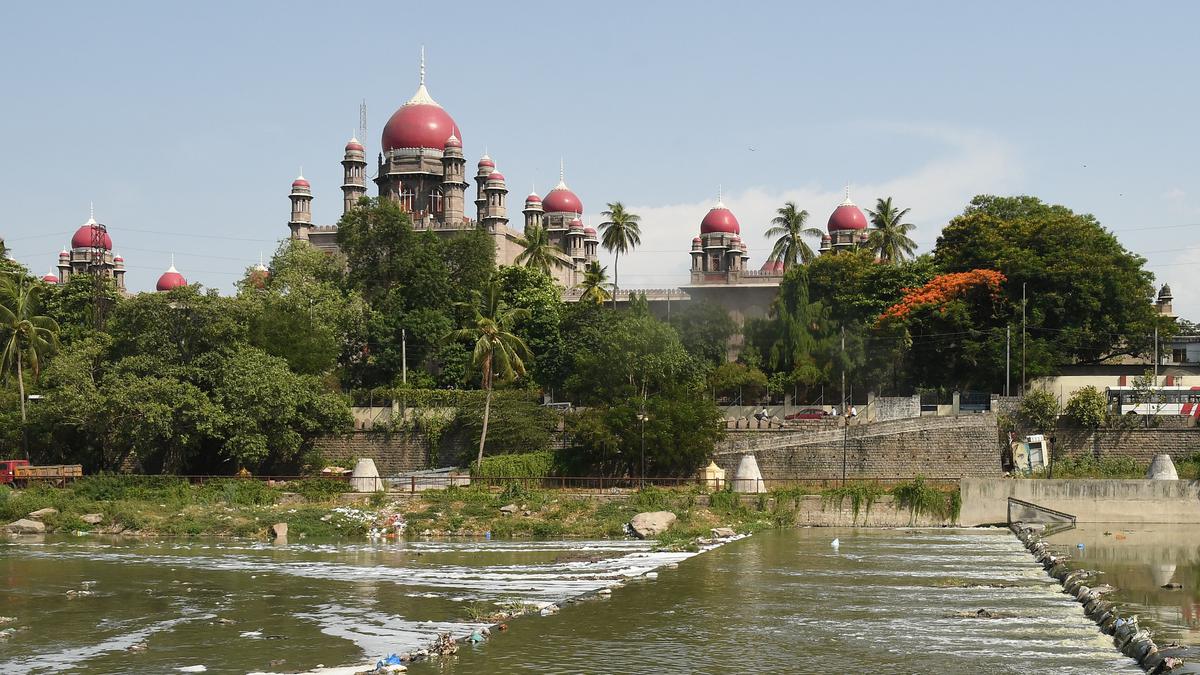
Telangana High Court delivers first ever verdict in Telugu
The Hindu
In a first the Telangana High Court pronounced a verdict entirely in Telugu in a property litigation between siblings. Some English terms were used as there were no Telugu equivalents available
In a historic first, the High Court for Telangana delivered a judgement in Telugu in an appeal suit pertaining to dispute over four acres of land between two siblings.
This was the first ever complete verdict issued in Telugu by Telangana High Court, which was constituted on January 1, 2019 following bifurcation of the Andhra Pradesh HC for the States of Andhra Pradesh and Telangana. A division bench of Justices P. Naveen Rao and Nagesh Bheemapaka delivered the verdict in Telugu along with a copy of the same in English as well.
At the end of the Telugu verdict, the bench noted that it was being pronounced in Telugu for the benefit of the litigants and people. For the official purpose, the English order copy was also incorporated. The bench clarified that people can refer to the English version of the verdict in case of any printing mistakes or doubts.
Though the entire judgement was delivered in Telugu, some English words were used in it since no Telugu equivalents were available. Some English words were also used in Telugu copy since they were being used widely, the note said. In February, Kerala High Court delivered a judgement in Malayalam.
Ten years ago, the then Second Additional Chief Metropolitan Magistrate Shailaja was the first judicial officer to deliver a verdict in Telugu in Nampally Criminal Courts Complex (Hyderabad). The judgement was related to holding a person guilty in a vehicle theft case. The convict was handed down a sentence of three-month imprisonment.
Within a week of this Telugu verdict, the 14th ACMM of Nampally criminal courts pronounced judgement in Telugu in a separate case. This matter was related to a criminal case registered against APSRTC driver. The judge dismissed the case against the driver.
“Attempts were made earlier to file petitions in lower courts in Telugu. In fact, in Nizam State people were allowed to file petitions in Telugu, Urdu,” says advocate Mamidi Venu Madhav. Due to lack of translators and other practical difficulties, the system of filing petitions in Telugu was not encouraged.











